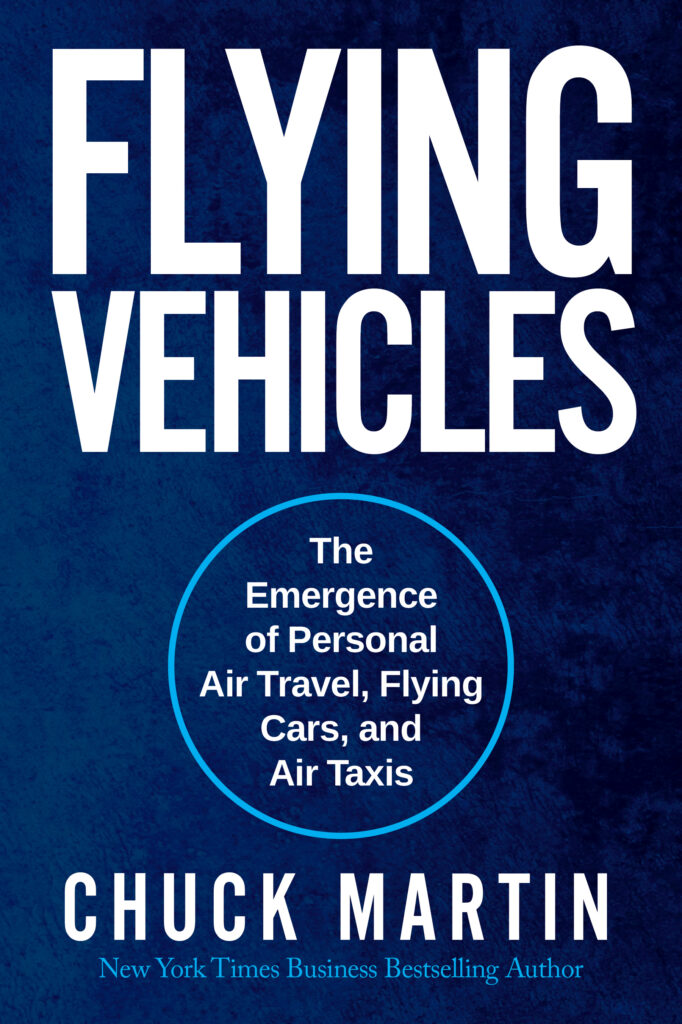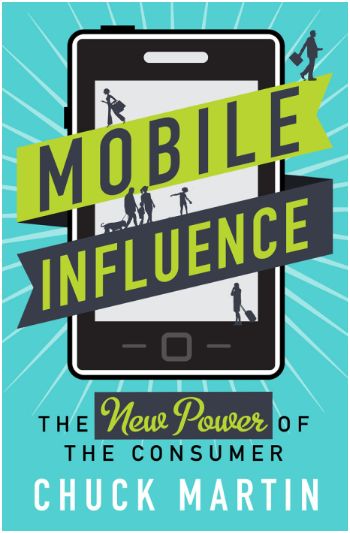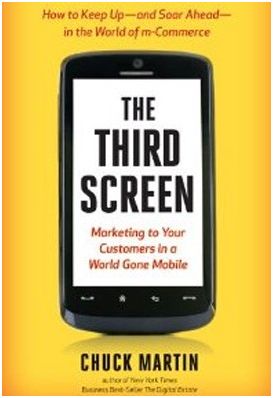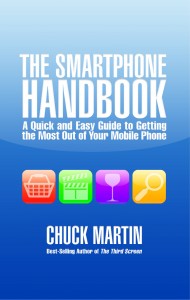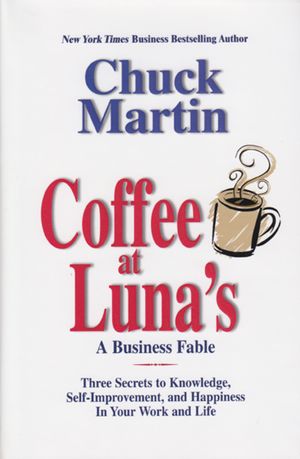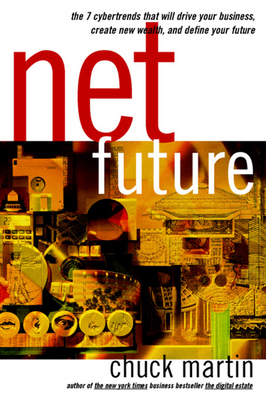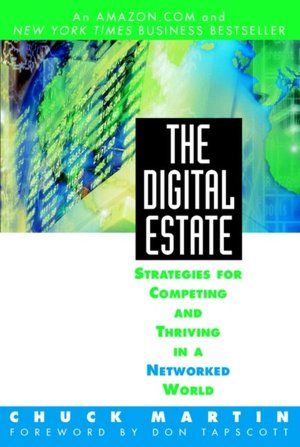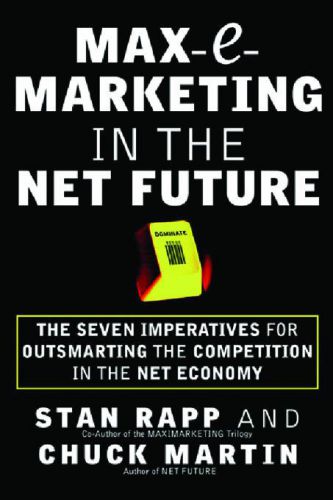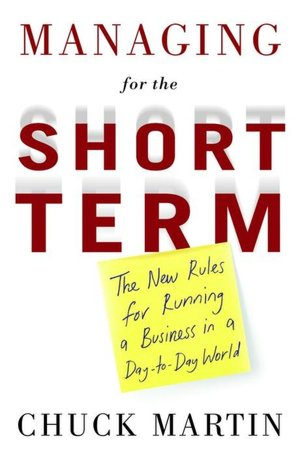With an app for just about every activity, the age of the micro-app raises the question of whether having an app for everything will affect everything.
While testing and reviewing the finalist entries in a mobile apps contest for a food magazine I’m judging, I had to wonder about the actual consumer behavior that some of the apps may or may not cause.
For example, in the category of Food Locator apps, The Next Move by Urban Daddy provides a few specific questions for the user. It auto-inserts current location, day and time and then offers options like ‘what do you want?’ with pull-down choices such as dinner, dessert, dancing, coffee and ‘I’m game for anything.’
The ‘who are you with’ options include parents, friends, ex, mistress, boss and colleagues. After a selection is made, such as dinner, a list of proposed locations is presented, which can be displayed in a list or on a map. (The recommended places for mistress, colleagues, or friends are not the same, in case you were wondering.)
The question is whether such a recommendation causes a person to go to one of the recommended restaurants or whether they would have gone there anyway.
The concept is not new, since there are many such apps that can help direct a person to a restaurant, coffee shop or retailer based on current location and self-described needs. Apps such as Yelp and Poynt have been helping on-the-move consumers with nearby recommendations for some time.
However, apps such as food apps can be very vertical, adding value by what they don’t show more than what they do.
Another example in the less-is-more school is Farmstand from Mostly Brothers Co. The app locates only local farm stands that are nearby and allows user-generated content in all forms around the stands. No extras, just for those interested in local farm stands.
My two sons — both avid Android users — and I were kicking around the idea of what drives people to download apps like these and other categories.
The question came down to: do apps get people to do something or do people get apps to help them do things they already do?
The question is whether a person would use an app to find out something, or would they have to know what they wanted to find first?
“You download it for X but then find out it also does X and Y. You would never have known that it does Y if you didn’t need it for X,” says son Chase. Ryan’s view is that there are some things that are only going to be on mobile. “I have only used Twitter as a mobile app, never on a PC,” says Ryan.
Apps are maturing and there are plenty of them. Google and Apple each have more than 700,000 in their respective app stores and Microsoft is in the batter’s box.
When something specific is needed, there is a specific app for it. For example, I have an upcoming business trip to Amsterdam and Dublin, so have downloaded specific, micro apps for each market. We’re using Visit Dublin for Entertainment, Dublin Pocket Guide app for tours and TripAdvisor Offline City Guides app for stored Dublin maps.
Apps have been downloaded in the tens of billions and they are being used a lot. Of the four hours a day that Android users spend on their smartphones, more than half of it is spent on apps, according to NPD’s Collect Intelligence.
In five years, the mobile app smartphone market is expected to generate more than $35 billion, according to Strategy Analytics. While the overall smartphone market looks strong, the actual app download prices are projected to drop to an average of eight cents in that same time frame, says the research firm.
Meanwhile, mobile advertising continues to grow with in-app ad revenue expected to hit $7 billion in three years, says Juniper Research.
Apps downloaded for-the-moment could become the new rule of the day.
Chuck Martin is editor of mCommerce Daily at MediaPost and writes the daily MobileShopTalk. He is author of “The Third Screen,” “The Smartphone Handbook,” and the soon-to-be-published “Mobile Influence.” He is CEO of Mobile Future Institute and a frequent mobile keynote speaker around the globe.


